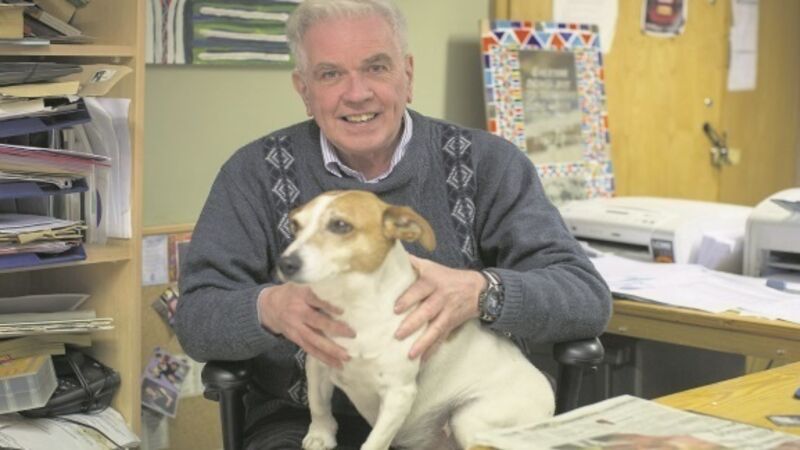VIDEO: Homelessness Crisis: Peter McVerry Trust centre provides a place for those without a home

IT’S 10.15am, small glass jugs of milk have been filled, napkins placed on tables, and the oven is full with breakfast rolls wrapped in tinfoil.
Outside a queue is forming. But this is not the latest hipster coffee shop. Instead, it’s one of many homeless services throughout the country which are struggling to assist the ever-increasing number of individuals and families without homes.













